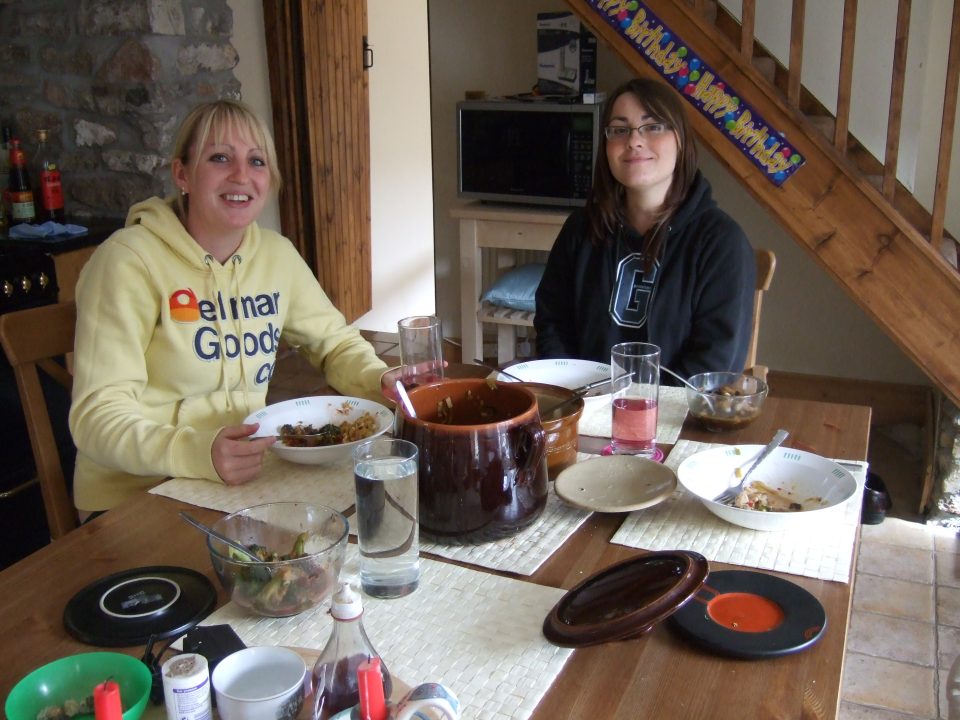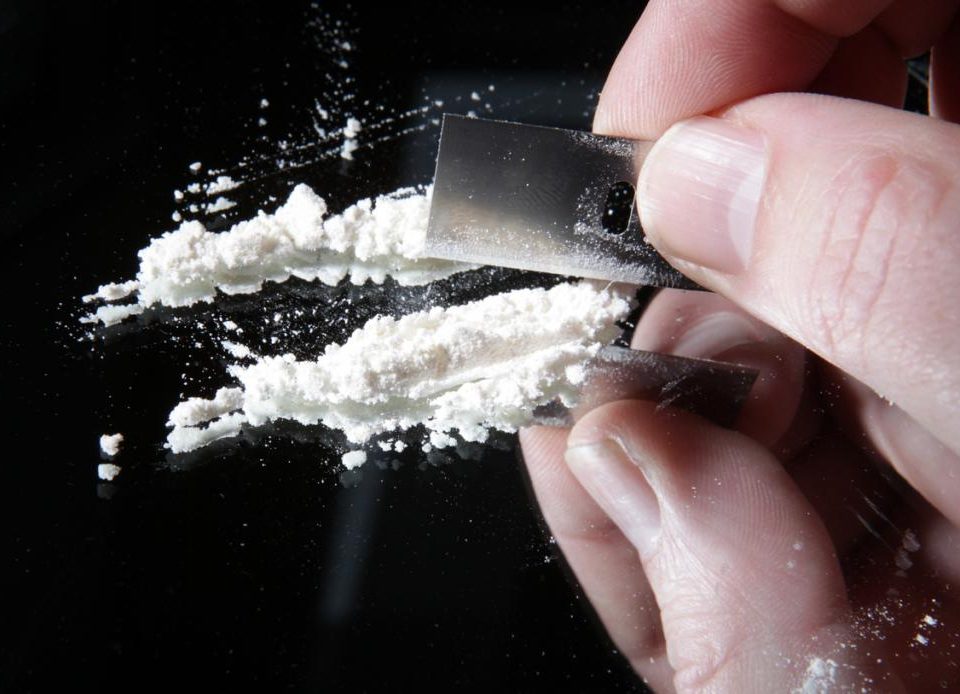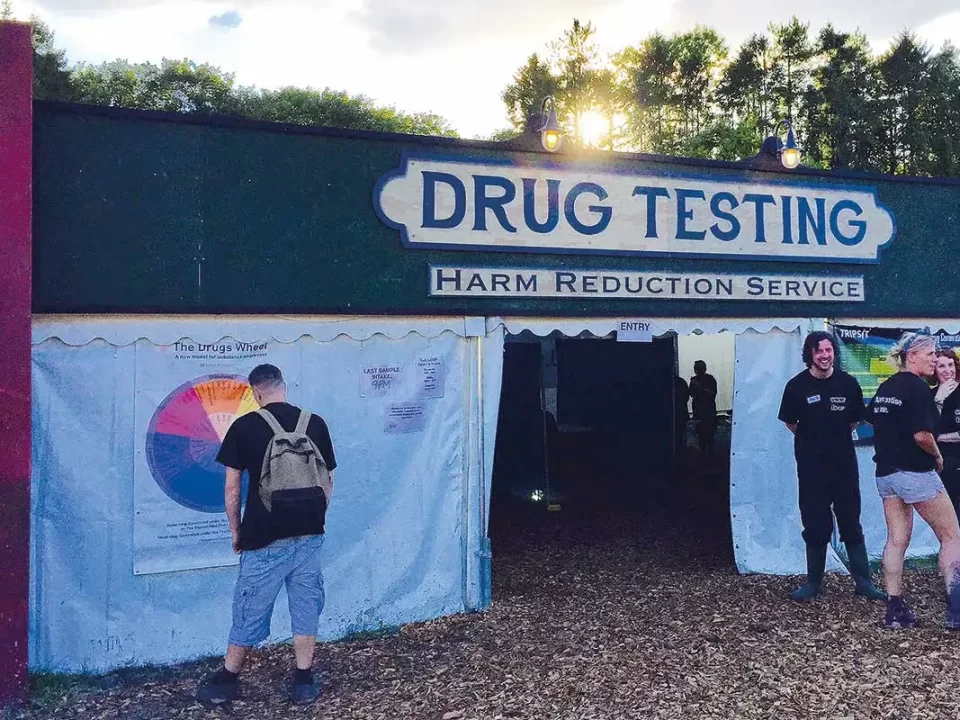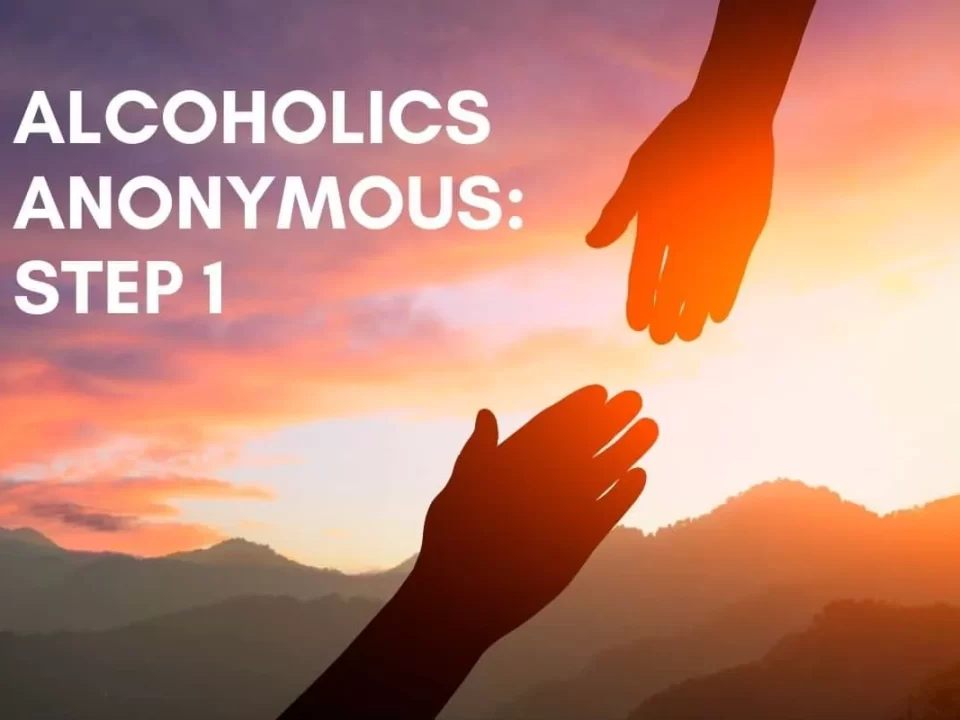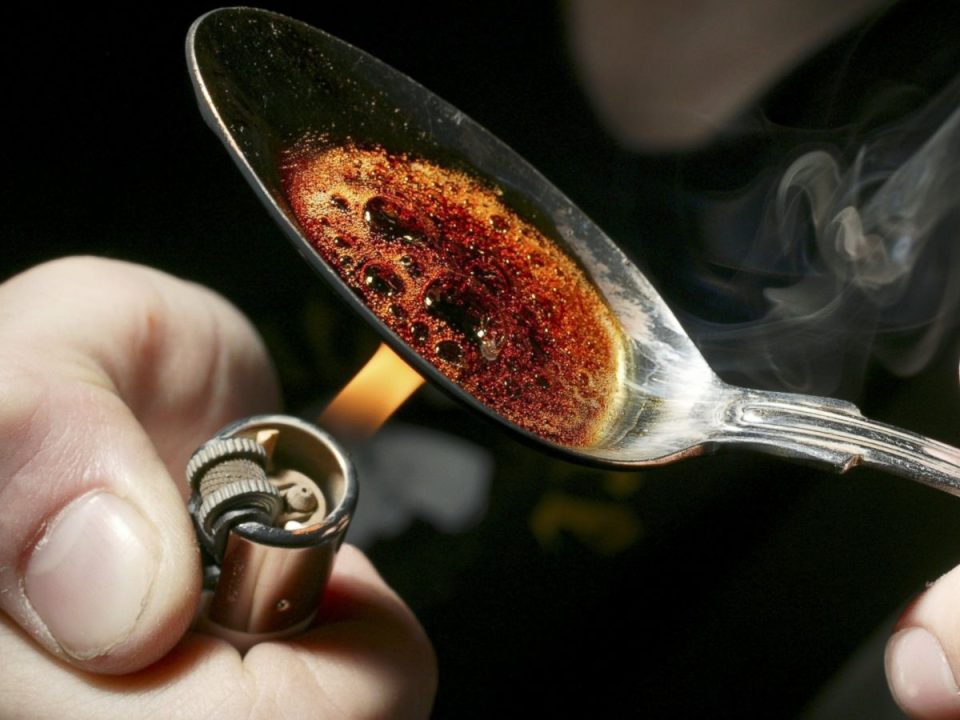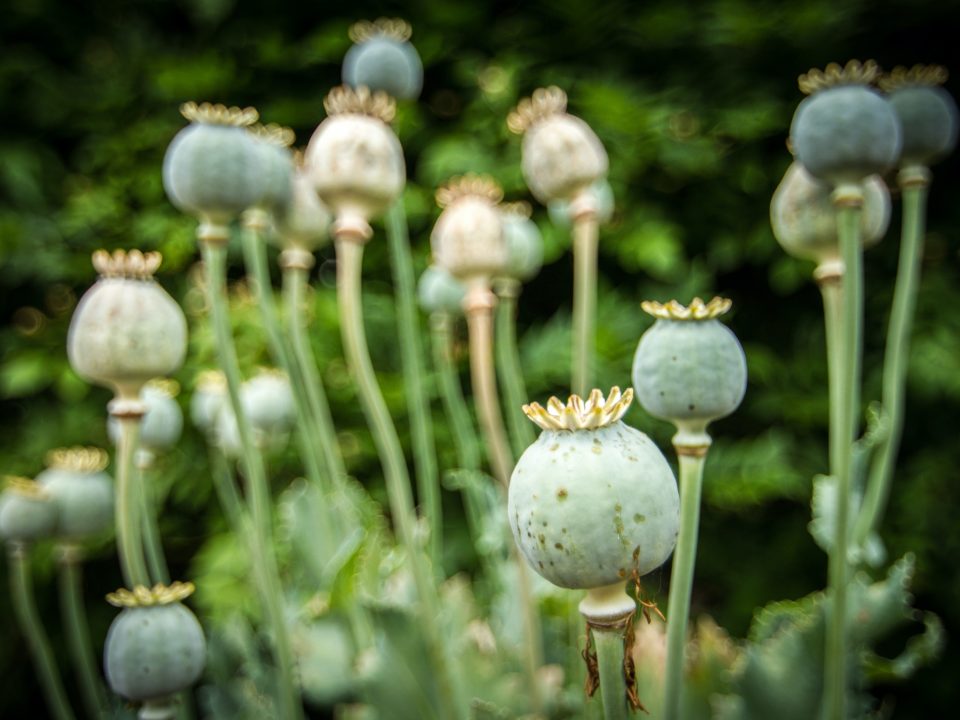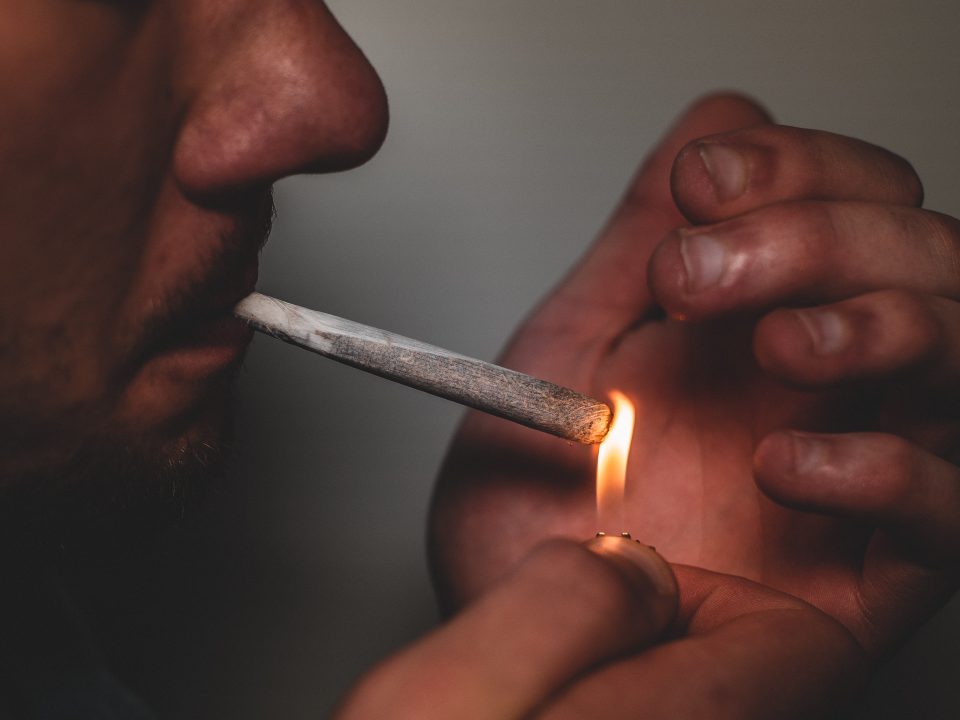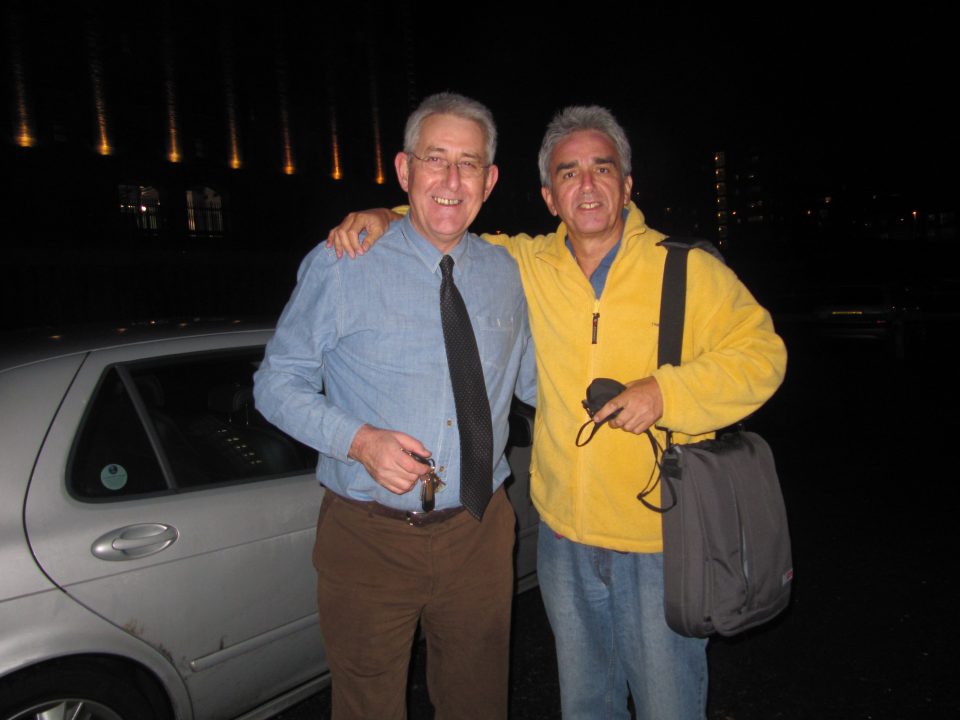Articles about addiction, treatment and recovery that David has written over the years, some of which are focused on the research that he and his Wired In colleagues conducted when he lived in the UK.
22nd September 2023
Recovery is something done by the person with the substance use problem, not by a treatment practitioner or anyone else. Professional treatment or engagement in mutual aid groups may facilitate recovery, but they do so by catalysing and supporting natural processes of...
21st September 2023
We concluded that treatment needs to involve a socially engaging environment with multifaceted activities in which clients can learn, implement new skills, and receive feedback from a variety of sources (practitioners, peers, others in recovery, and family members), in order to...
20th September 2023
The researchers were ‘pleasantly surprised’ by the relative ease with which so many cocaine users managed to quit. Their strategies were in general fairly commonsensical social avoidance strategies designed simply to put distance between themselves and the drug.
19th September 2023
If two close family members (a conservative estimate) were affected, this meant that there were at least 4.2 million people in the UK alone living with the negative consequences of someone else’s drug and/or alcohol problem.
18th September 2023
Some people may not want to, or feel unable to, give up using drugs completely. They might just want to reduce the harm that drugs can cause, e.g. they might change from injecting heroin to smoking it. Harm reduction, or harm minimisation, is a model of working that has been associated with drug use treatment since the mid-1980s.
17th September 2023
The Twelve-Step Movement developed from Alcoholics Anonymous (AA), a self-help organisation founded in 1935 when one alcoholic, Bill Wilson (‘Bill W.’), talked to another alcoholic, Bob Smith (‘Dr. Bob’), about the nature of alcoholism and a possible solution for people suffering...
16th September 2023
The paper highlights ‘the debilitating nature of marginalisation and social exclusion that many long term problem drug users have experienced. It concludes by suggesting a new social model to understand and conceptualise the process of recovery from drug...
15th September 2023
For some heroin addicts, everyday life can be reduced to simply responding to the body’s needs—finding the funds to pay for heroin to be used that day (which might involve acquiring and then selling items), purchasing, and then taking the drug. This can become a full-time job...
14th September 2023
There’s no sign that says, ‘you’re now entering addiction’, there’s no big sign that says, ‘you’ll need to stop now, if you go once more that’s you’. You just cross that line and you don’t realise you’ve crossed it until you try to stop. I didn’t think about withdrawal symptoms...
13th September 2023
The Processes of Change are the cognitive/experiential and behavioural activities that facilitate change. The extent to which each of these processes is used depends on what state of change the person who has a problematic behaviour has reached.
12th September 2023
In total, recovery capital constitutes the potential antidote for the problems that have long plagued recovery efforts: insufficient motivation to change AOD use, emotional distress, pressure to use within intimate and social relationships, interpersonal conflict, and other situations that pose risks for relapse.
11th September 2023
One of the clearest factors contributing to the positive effects of treatment was common experience, both in terms of being around other problematic users in treatment and the fact that many of the BAC O’Connor staff had themselves experienced a substance use...
10th September 2023
Many of Biernacki’s interviewees revealed that when they resolved to stop using heroin, they were uncertain about what they should do with their lives instead. They knew what they did not want to do, but they were less certain about what they did want and how they could go...
9th September 2023
Many of society’s reactions to the so-called ‘drug problem’ are based on the premise that the problems faced by individuals and communities are caused solely by the drug. However, contrary to what is commonly assumed, psychoactive drugs do not produce fixed and predictable psychological effects that are dependent purely on...
8th September 2023
Treatment can facilitate the initiation of recovery, but is not in a person’s life long enough to produce long-term recovery. The initial ‘gains’ facilitated by treatment in the early stages of recovery are built upon by the person’s interactions in their social environment and facilitated...



